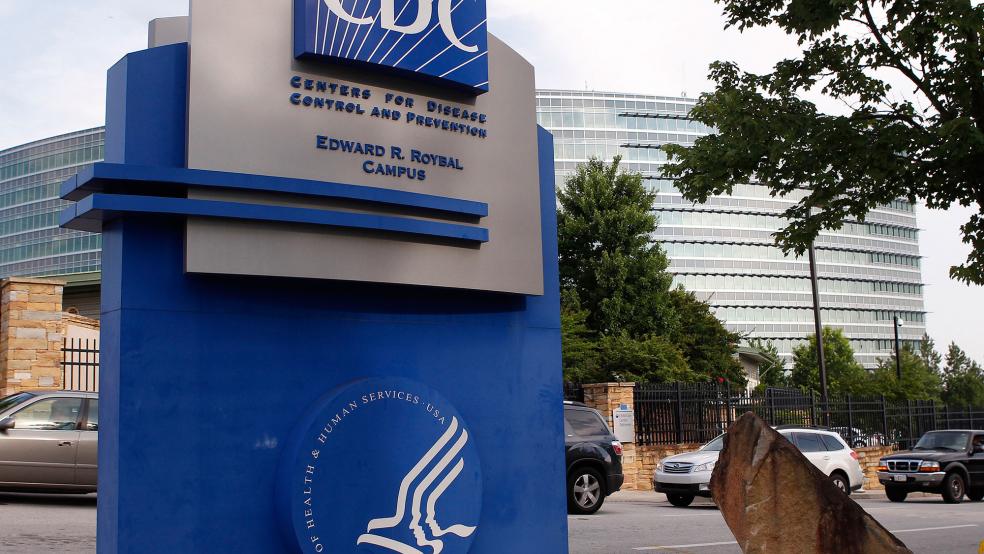CDC Director Robert Redfield’s testimony before a Senate panel on Wednesday made headlines for his comments that face masks probably offer more protection against the coronavirus than a vaccine and that a vaccine won’t be widely available until the middle of next year — comments that President Trump later disputed in just the latest instance of the president rejecting the recommendations and basic facts provided by public health officials and publicly pressuring them on the proper pandemic response.
Redfield, we should note, later clarified his comment on Twitter: “I 100% believe in the importance of vaccines and the importance in particular of a #COVID19 vaccine. A COVID-19 vaccine is the thing that will get Americans back to normal everyday life,” he wrote. “The best defense we currently have against this virus are the important mitigation efforts of wearing a mask, washing your hands, social distancing and being careful about crowds.”
But there was significantly more to Redfield’s testimony than his urging people to wear masks. As Roll Call’s Andrew Siddons reports, Redfield told the Senate panel that the CDC needs about $6 billion more to help states and cities build out their plans to distribute COVID-19 vaccines once they’re ready. “The time is now for us to be able to get those resources out to the states, and we currently don’t have those resources,” he said.
Redfield also said that the Trump administration had directed his agency to transfer $300 million to the Department of Health and Human Services’ public affairs office.
Siddons details where the money is going:
“Of that amount, $250 million is reportedly being used for a public relations campaign ‘to defeat despair and inspire hope’ in the midst of the coronavirus pandemic, which has killed nearly 200,000 Americans. Lawmakers view the ads as an attempt to cast the Trump administration’s response to COVID-19 in a positive light. Redfield said that since the transfer was made, the CDC hasn’t been involved in the campaign and hasn’t been asked to weigh in with scientific expertise.
“The campaign prompted questions from subcommittee members about whether the administration is spending money in accordance with laws enacted by Congress — particularly if the money would have otherwise been spent more directly on the health response.”


